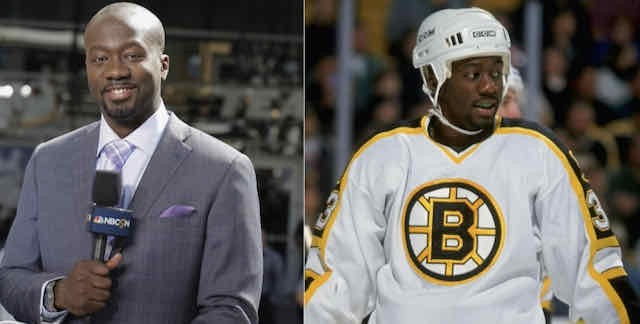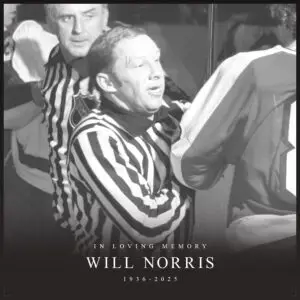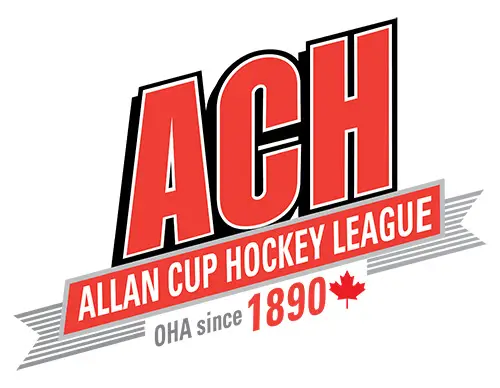
Cambridge, ON – During Black History Month, Canadians celebrate the many achievements and contributions of Black Canadians and their communities who, throughout history, have done so much to make Canada a culturally diverse, compassionate, and prosperous country. The Ontario Hockey Association (OHA) strongly supports all manifestations of diversity and inclusiveness.
Black History Month is a time to learn more about these Canadian stories and the many other important contributions that Black Canadians and their communities have made to the history and continued growth of this country and the many positive contributions that Black Canadians have made on the game of hockey, especially within the footprint of the OHA. Indeed, the OHA is committed to doing a better job in this story telling aspect and to taking concrete steps aimed at being a leader in making meaningful change toward the game of hockey being accessible to all.
Hockey is one of the many facets within our culture that Black Canadians have had a positive impact on. There is a long and rich history of Black players playing the game at a high level and subsequently impacting future generations of Black players. Anson Carter one such player that had a massive impact on the game of hockey.
Anson Carter was born on June 6, 1974 in Scarborough. His parents Horace and Val-ma emigrated from Barbados. He started playing hockey when he was eight years-old and didn’t take it all that seriously early on. When he was a kid, his goal was to become a doctor. However, he would quickly begin to excel in hockey and soon discovered his life had a different calling.
Carter really came into his own during the 1991-1992 season with the OHA’s Wexford Raiders. He would parlay a point-per-game season as a rookie into a scholarship at Michigan State. After that there was no looking back. He excelled at Michigan State and by the 1996-1997 season he was a regular in the NHL. He would go on to score over 400 points during his 11-year NHL career.
One area of the game Carter has made a lasting impression is embracing his culture while participating in the game; something the game was not used to at the time. In a recent Players’ Tribune article, Carter opened up about his hairstyle when he was playing in the NHL and how it wasn’t easy switching to dreadlocks.
“Because most things about being a Black hockey player aren’t. And no matter where you look in society, it’s hard to ignore the reality that Black hair is often seen as political.
Maybe it’s not always stated outright, but the subliminal messages are there: If you want to be respected, or taken seriously, or seen as “professional,” traditional Black hairstyles and natural hair aren’t the way to go…But when you put them in the context of hockey culture, where players are conditioned to fit in at all costs. My hair was definitely breaking the rules by standing out,” Said Carter. “At the end of the day, equality is really what this hair conversation is about. Black players, and other players of color, can only have an equal experience if they don’t feel like they have to erase or censor part of their culture to fit in. And hair is a big part of our culture — part of every culture’s traditions, personality, identity and expression.”
Carter has inspired a new generation of Black hockey players to bring their authenticity to the game. He showed everyone, that you do not have to look a certain way. Instead, be yourself, be proud of who you are, and enjoy this great game.
Carter is still involved with the game and continues to inspire hockey players of colour. These days he is an analyst for NHL on TNT and MSG Network. He is also part-owner of the Atlanta Gladiators of the ECHL.
The OHA, as one of the oldest hockey associations in the world, is extremely proud to celebrate Black History Month and the legacy of black hockey players – a legacy that continues to make an indelible mark on the advancement of hockey in Ontario.












